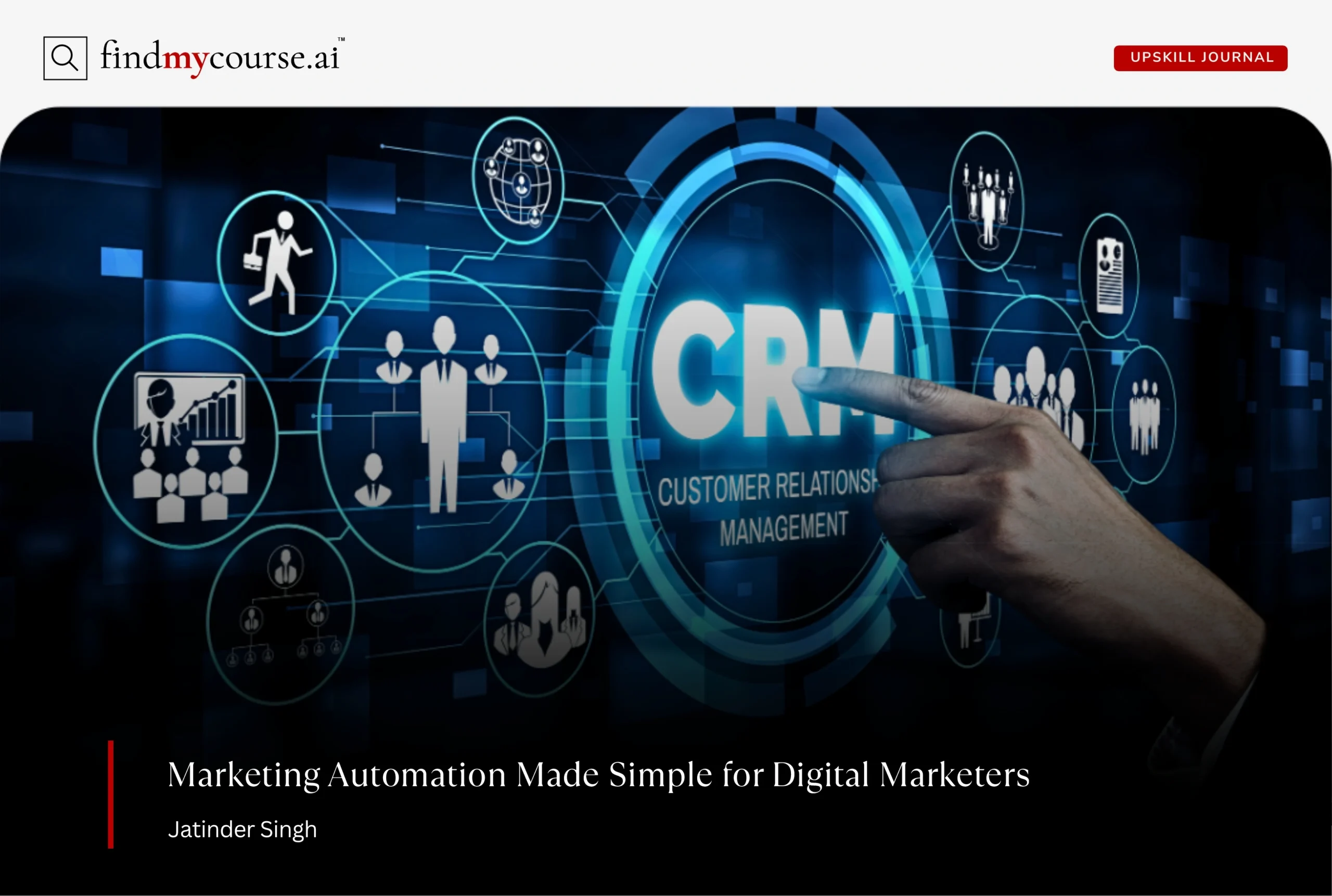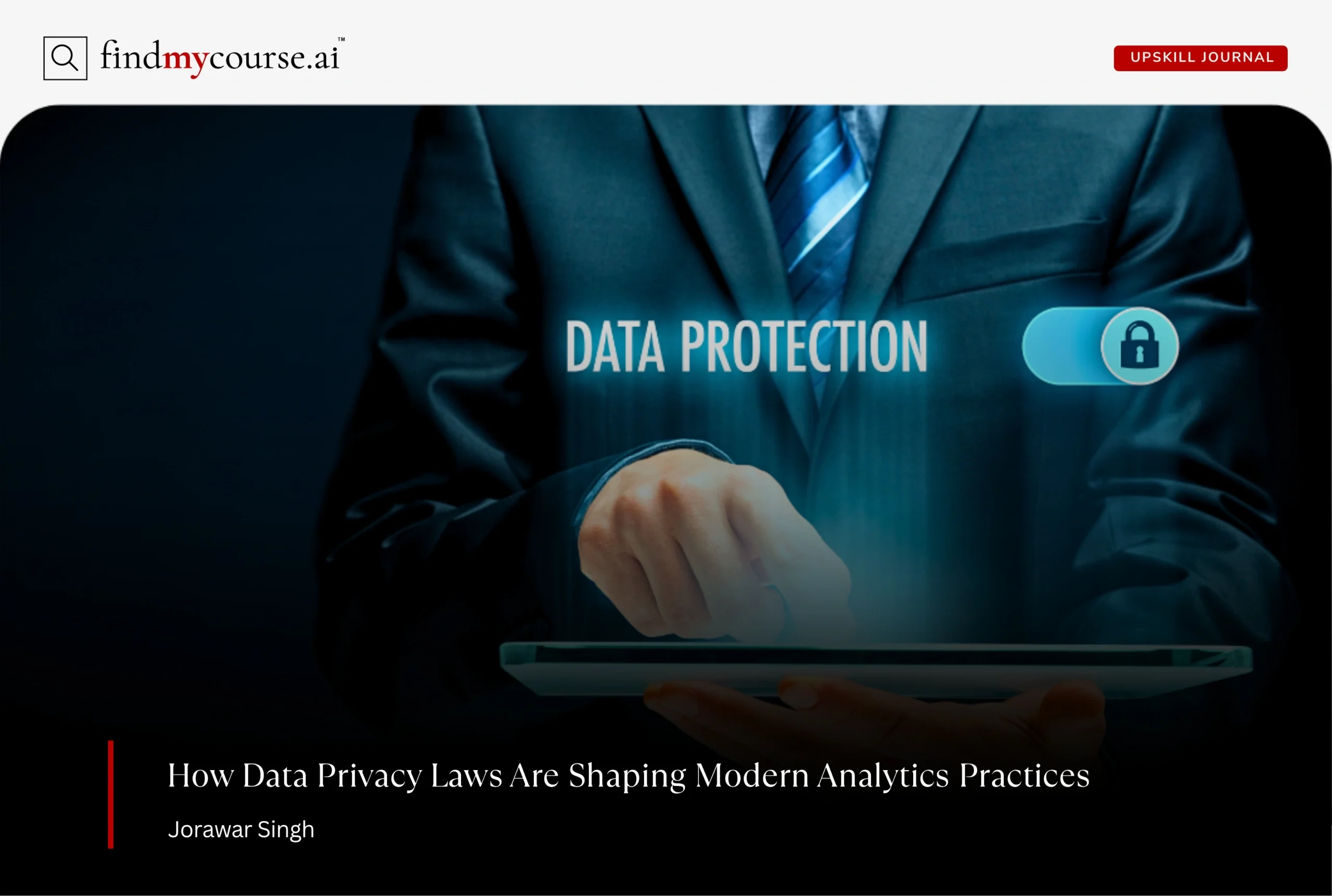Thinking about launching a career in data science, but don’t have a degree? You’re not alone—and the good news is, it’s absolutely possible. With the right skills, mindset, and tools, you can become a data scientist without a traditional college path. In today’s fast-changing tech world, skills matter more than diplomas. So, let’s explore how to become a data scientist and build a successful career—no degree required.
What Does a Data Scientist Do?
Data scientists turn raw, messy data into actionable insights that drive business strategy and innovation. They sit at the intersection of statistics, programming, and domain knowledge, acting as problem-solvers who decode the story hidden within numbers. Whether it’s improving customer experiences, optimizing marketing campaigns, or forecasting sales trends, data scientists empower organizations to make smarter, evidence-based decisions.
Moreover, their work often involves deep collaboration with stakeholders, engineers, and decision-makers to ensure data-driven solutions align with real-world business goals.
Key responsibilities include:
- Collecting, cleaning, and organizing large volumes of structured and unstructured data
- Analyzing datasets to uncover meaningful patterns, correlations, and anomalies
- Designing and building predictive models using statistical methods and machine learning
- Communicating findings clearly through data visualization tools and reports
- Collaborating with cross-functional teams to integrate data solutions into products or services
Essential skills in this role:
- Strong foundation in statistical analysis and data interpretation
- Proficiency in programming languages such as Python, R, and SQL
- Knowledge of machine learning algorithms and model evaluation
- Critical thinking and problem-solving mindset
- Ability to present complex data insights in a clear and engaging manner
Popular tools and technologies:
- Programming & Data Analysis: Python, R
- Databases: SQL, NoSQL (e.g., MongoDB)
- Development Environments: Jupyter Notebooks, Google Colab
- Visualization & BI Tools: Tableau, Power BI, Matplotlib, Seaborn
- Machine Learning Libraries: Scikit-learn, TensorFlow, XGBoost
- Version Control & Deployment: Git, Docker, MLflow
Can You Become a Data Scientist Without a Degree?
Yes—you can absolutely become a data scientist without a degree. In fact, the tech industry is increasingly valuing skills and hands-on experience over traditional credentials. According to a 2024 LinkedIn report, over 30% of entry-level data scientist roles were filled by professionals without a computer science or data science degree.
Why is this trend growing?
- Employers want results—they care more about what you can do than where you studied.
- Bootcamps, online courses, and certifications make education more accessible.
- Projects and portfolios now serve as modern-day resumes.
Hiring trends show:
- Skill-first hiring is on the rise.
- Certifications from platforms like Coursera and edX are widely recognized.
- Companies like Google, IBM, and Meta have eliminated degree requirements for many roles.
Step-by-Step Guide to Becoming a Data Scientist Without a Degree
Step 1 – Learn the Core Fundamentals
Start with the basics: statistics, mathematics, and data analysis. These form the backbone of data science. Focus on:
- Descriptive and inferential statistics
- Probability
- Linear algebra and calculus basics
Recommended courses:
Step 2 – Develop Key Skills & Tools
Next, gain proficiency in programming and essential tools used by data scientists.
Key areas to focus on:
- Programming in Python or R
- SQL for data manipulation
- Data cleaning and preprocessing
- Visualization tools like Tableau or Matplotlib
Recommended resources:
Step 3 – Build a Practical Portfolio
Show what you can do by building a portfolio. This could include:
- Personal projects (e.g., analyzing a dataset from Kaggle)
- Contributions to open-source projects
- Participation in data challenges or hackathons
Make sure your portfolio includes:
- GitHub repositories
- Clear documentation
- Visual results (e.g.,charts, dashboards, reports)
Step 4 – Network & Practice for Interviews
Networking opens doors. So, join data science communities online and locally. Practice common interview tasks like:
- Data cleaning exercises
- SQL and Python coding challenges
- Case studies and whiteboard scenarios
Where to connect:
- LinkedIn groups
- Meetup data science events
- Kaggle and GitHub communities
Step 5 – Keep Learning & Stay Updated
Data science evolves rapidly. Therefore, stay current by reading blogs, research papers, and news from trusted sources. Also, subscribe to newsletters and follow top data scientists on social platforms.
Great continuous learning platforms:
Career Paths for a Data Scientist Without a Degree
Many doors open once you have the right skills, a strong portfolio, and the confidence to demonstrate your capabilities. Thus, as a self-taught data scientist, you can pursue a variety of roles across industries—from tech and finance to healthcare, marketing, and beyond.
Possible roles include:
- Junior Data Scientist
- Data Analyst
- Machine Learning Engineer
- Business Intelligence Developer
- Data Engineer (with additional experience)
Typical salary ranges:
- Entry-level Data Scientist: $75,000–$95,000
- Mid-level: $100,000–$125,000
- Senior: $130,000+
Work options:
- Full-time at tech or non-tech companies
- Freelancing or consulting
- Remote and hybrid opportunities
Furthermore, many self-taught data scientists even launch successful freelance businesses, solving real-world problems for startups and small businesses.
Final Thoughts
Becoming a data scientist without a degree may seem challenging, but it’s more achievable now than ever before. Thanks to the rise of accessible online education, open-source tools, and a growing culture of skills-based hiring, the traditional barriers to entry are quickly fading. Moreover, many successful data scientists today started without formal degrees—they built their careers by learning on the go, tackling real-world problems, and demonstrating their abilities through projects.
Remember: a degree might help, but skill, persistence, and a solid portfolio will get you hired. Employers care about what you can do, not just where you studied. So, stay focused, build your toolkit, and let your work speak for itself. Your journey into data science starts now.
Ready to Get Started?
Take your first step into the world of data science today. Whether you’re switching careers, returning to the workforce, or just starting out, there’s never been a better time to begin. The tools are accessible, the demand is high, and the possibilities are endless—but it all starts with one small, intentional step forward.
So, here’s how you can begin:
- Explore beginner-friendly data science courses on Coursera
Learn from top universities and industry experts at your own pace—no degree required. - Join a Data Science Community or Forum
Ask questions, share projects, and stay inspired on platforms like Kaggle, Reddit r/datascience, or DataTalks Club. - Subscribe to a Weekly Data Science Newsletter
Stay updated with options like Data Elixir or Towards Data Science.
Want smarter choices? Ask our AI assistant for personalized tips.


